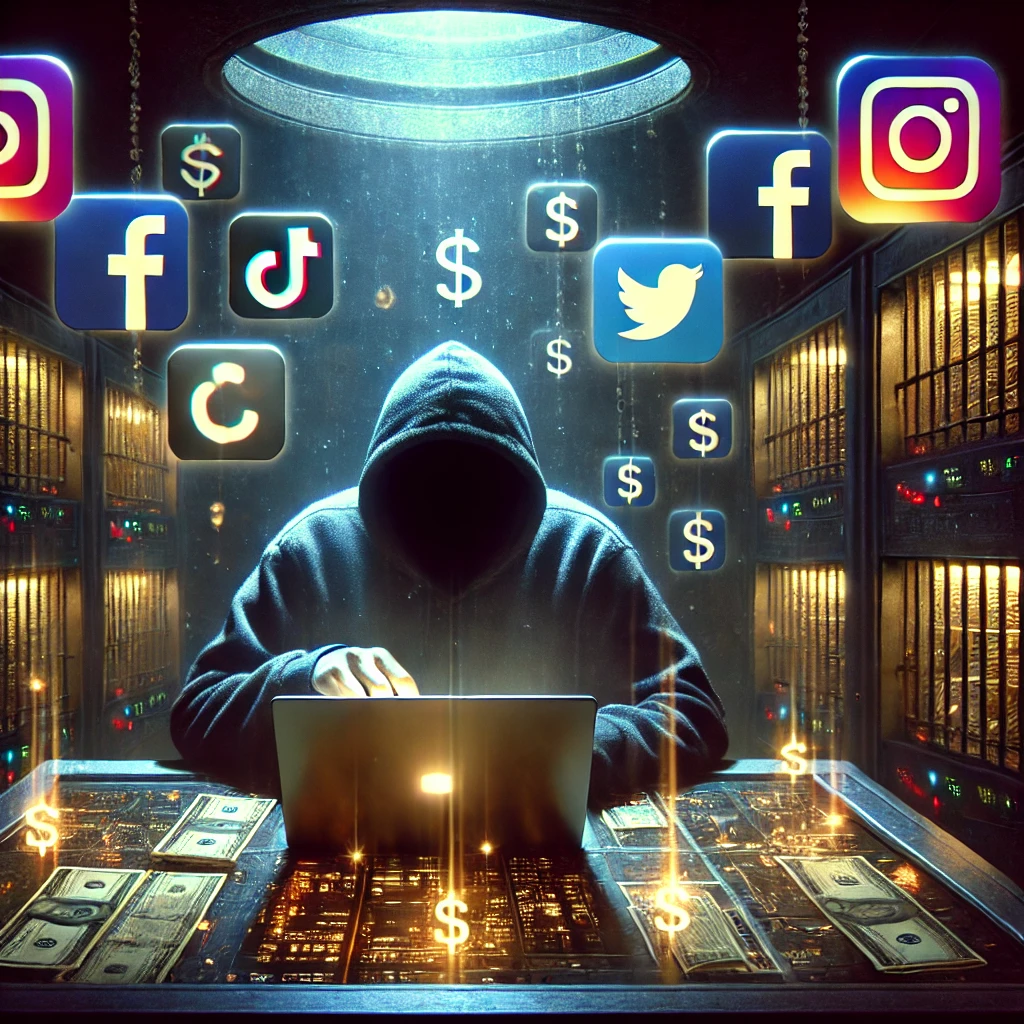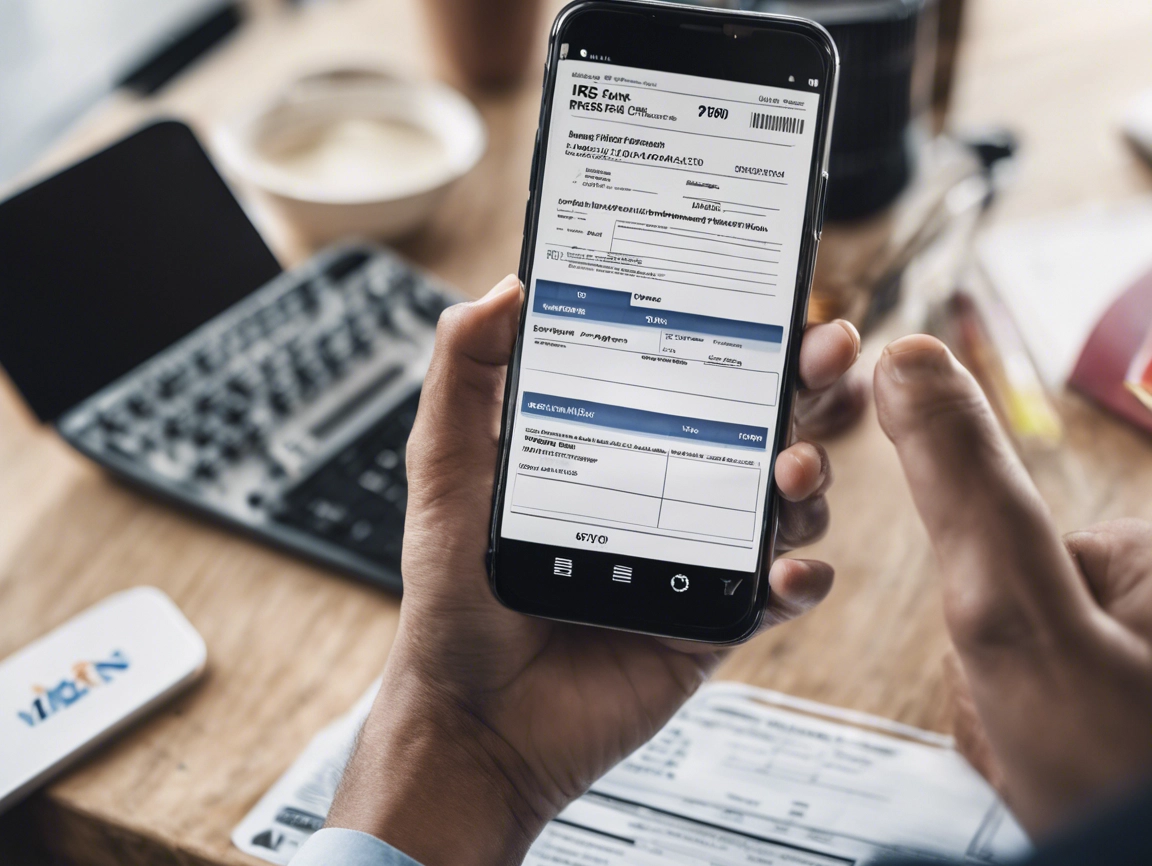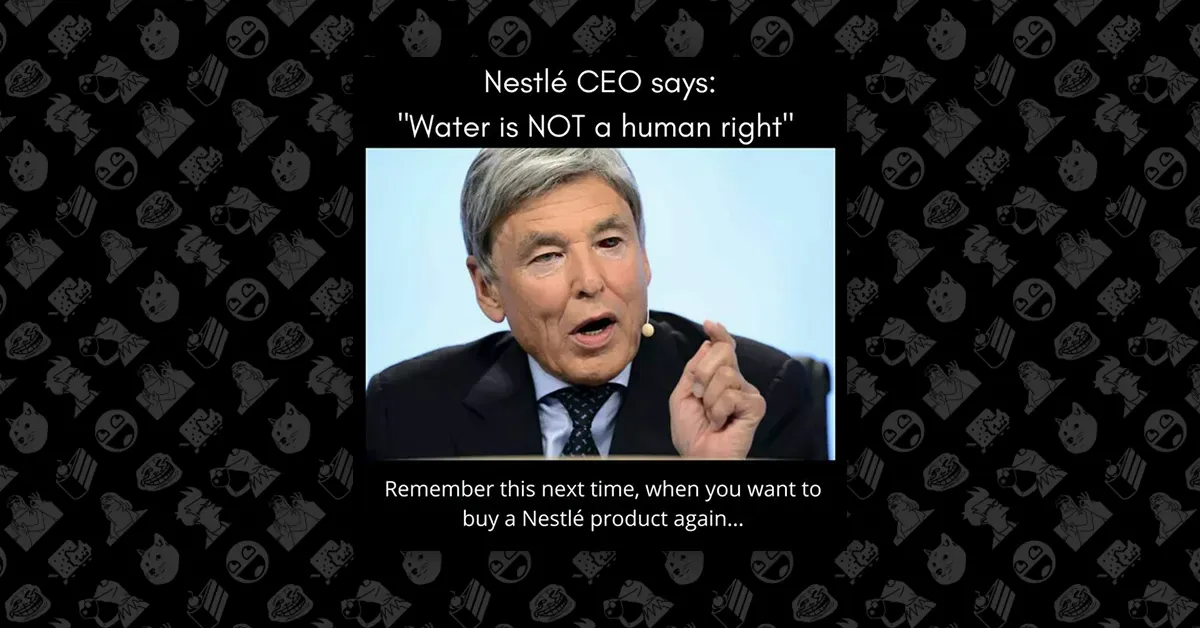SUPER CHATS AND DONATIONS MADE OF DIRTY MONEY
In recent years, the rise of social media and streaming platforms has transformed the landscape of online entertainment, offering creators new avenues for income. However, this digital revolution has also caught the attention of criminal organizations, particularly drug cartels, who are increasingly using these platforms—such as OnlyFans, Kick, and YouTube Live—to launder money and facilitate illicit activities.
The Role of OnlyFans and Streaming Platforms
OnlyFans, a subscription-based content platform, allows creators to monetize their work through fan subscriptions and tips. While many use it to share lifestyle content or adult material, some criminal organizations have infiltrated this space, exploiting its payment structures to disguise the origins of their money. Similarly, platforms like Kick and YouTube Live enable creators to receive chat donations during live streams, providing another potential channel for money laundering.
Criminal enterprises are adept at manipulating these systems. By paying influencers or creators to promote their content or by directly using accounts to receive donations, these organizations can effectively obscure the origins of their income. This method allows them to transform “dirty” money from illegal activities into seemingly legitimate funds, which can then be withdrawn without raising red flags.
Mechanisms of Money Laundering
- Layering Transactions: Criminal organizations often engage in complex layering transactions, moving money through various accounts to disguise its source. This might involve shifting funds between multiple OnlyFans accounts or streaming profiles, making it difficult for authorities to trace the original illicit funds.
- Fake Subscriptions and Donations: By creating fake user profiles, these organizations can make small, frequent donations or subscriptions to manipulate the platform’s algorithms and generate the appearance of legitimate activity. This practice not only masks the origins of the funds but also helps in building credibility for the accounts involved.
- Paying Influencers: Drug cartels may pay influencers to promote products or services, funneling illicit cash into seemingly legitimate business operations. This relationship can create a façade of normalcy around the transactions, making it harder for law enforcement to connect them back to criminal enterprises.
Challenges for Law Enforcement
The anonymity afforded by these platforms poses significant challenges for law enforcement. Traditional financial systems, such as banks, are subject to strict regulations and reporting requirements, making it easier for authorities to monitor suspicious activity. In contrast, many social media platforms lack robust oversight mechanisms, complicating efforts to trace illicit funds.
Moreover, the global nature of these platforms means that jurisdictions can be fragmented, allowing criminals to exploit legal loopholes. Some platforms operate under different regulations in various countries, making it difficult for law enforcement to coordinate efforts across borders.
Case Studies and Reports
Several reports have highlighted the intersection of online platforms and organized crime. For instance, a 2021 investigation by the Financial Crimes Enforcement Network (FinCEN) identified patterns of money laundering linked to digital payment platforms, with significant ties to criminal enterprises. Similarly, studies by organizations such as the European Monitoring Centre for Drugs and Drug Addiction (EMCDDA) have pointed to the use of digital channels by drug cartels to facilitate transactions and launder money.
riminal organizations, particularly drug cartels, have begun exploiting platforms like OnlyFans to launder money. This process typically involves several steps and various techniques that obscure the origins of illicit funds. Here are three specific methods used for money laundering on OnlyFans:
Method 1: Fake Accounts and Subscription Models
- Creation of Multiple Accounts: Criminal organizations set up numerous OnlyFans accounts, often using false identities or hired individuals. This allows them to bypass detection by spreading the illicit funds across many channels.
- Subscription Fees: These accounts charge subscription fees for access to exclusive content. The income generated appears legitimate, making it difficult for authorities to trace back to the original source.
- Fake Interactions: To enhance the appearance of legitimacy, these accounts may engage in fake interactions—such as posting content, responding to comments, and maintaining a consistent online presence. This can make the account seem popular and trustworthy, further masking the true purpose of the funds.
Method 2: Chat Donations and Pay-Per-View Content
- Live Streaming and Donations: Some OnlyFans creators engage in live streaming sessions where fans can donate money through chat features. This creates an opportunity for criminal organizations to funnel illicit funds into these accounts.
- Structured Donations: Criminals might make small, frequent donations to avoid triggering alerts from the platform or law enforcement. By varying the amounts and timings of these donations, they create a legitimate appearance.
- Pay-Per-View Content: Users may also charge fees for exclusive content. Criminal organizations can use the same method to charge inflated fees for low-quality or non-existent content, generating revenue that seems legitimate.
Method 3: Promoting Fake Businesses
- Brand Partnerships: Criminal organizations might create fake businesses that appear to collaborate with OnlyFans accounts. For instance, they may pose as lifestyle brands offering sponsorships or merchandise related to the creator.
- Payment for Promotions: They pay these creators to promote their products or services, using illicit funds disguised as legitimate business transactions. This can involve inflated invoices or payments for non-existent services.
- Revenue Generation: As creators promote these fake products, the money received from the organization is presented as legitimate income, further complicating tracking efforts by law enforcement.
Exploitation on OnlyFans: The Intersection of Trafficking and Money Laundering
In the rapidly evolving landscape of digital content creation, platforms like OnlyFans have provided new opportunities for individuals to monetize their work. However, this growth has also opened the door for criminal organizations to exploit vulnerable individuals and launder money through seemingly legitimate channels. This article explores how drug cartels and other criminal entities are leveraging both existing creators and trafficked individuals to facilitate their illicit activities.
Exploiting Existing Creators
- Collaboration with Established Creators: Criminal organizations often target established OnlyFans creators, offering financial incentives to promote their content or businesses. This can include payment for advertising fake products or services. The appearance of legitimacy provided by established creators can help mask the illicit nature of these transactions.
- Content Manipulation: In some cases, creators may unknowingly become part of a laundering scheme. They might be approached to host specific content that appears legitimate, but the funding behind it comes from illicit sources. This creates a veneer of authenticity while funneling dirty money into the creator’s account.
- Reputation and Reach: By collaborating with popular creators, criminal organizations can increase their visibility and reach, drawing in more potential customers or donors under the guise of legitimate business operations.
Victims of Trafficking and Exploitation
- Trafficked Individuals: Tragically, some women and girls who have been trafficked may find themselves coerced into creating content for platforms like OnlyFans. These individuals are often manipulated or threatened, leading them to believe they have no choice but to comply.
- Forced Participation: Criminal organizations may use intimidation or violence to ensure compliance, trapping victims in a cycle of exploitation. The income generated from their accounts is often siphoned off by their captors, making it a method of both exploitation and money laundering.
- Lack of Law Enforcement Action: In areas where law enforcement is ineffective or corrupt, traffickers operate with impunity, further entrenching the cycle of abuse. This environment makes it challenging for victims to escape and seek help, leaving them vulnerable to continued exploitation.
Superchats and Enhanced Visibility
- Money Laundering via Donations: Some content creators, including those not affiliated with criminal organizations, may inadvertently participate in money laundering through features like superchats on platforms like YouTube Live. These donations can be used to mask the origins of funds, creating a façade of legitimacy.
- Notoriety and Visibility: When viewers donate through superchats, it enhances the channel’s visibility and reputation, attracting more followers. Criminal organizations can exploit this dynamic by making large donations, which can elevate the channel’s status while simultaneously laundering money.
- Legitimizing Illicit Funds: The act of donating to a popular creator can obscure the true origins of the funds, allowing criminals to integrate dirty money into the legitimate economy. This makes it harder for law enforcement to trace the money back to its source.
How Citizens Can Help Combat Money Laundering on Platforms Like OnlyFans
As the exploitation of platforms like OnlyFans for money laundering and trafficking becomes increasingly evident, it’s crucial for citizens to play an active role in combatting these issues. Here are several ways individuals can contribute to this effort:
1. Stay Informed and Educate Others
- Understanding the Issues: Familiarize yourself with the tactics used by criminal organizations, such as fake accounts and manipulated content. Knowledge is a powerful tool in recognizing suspicious activity.
- Spread Awareness: Share information about the risks associated with these platforms and the potential for exploitation. Engage in discussions on social media, forums, and community groups to raise awareness.
2. Report Suspicious Activity
- Utilize Reporting Features: Most platforms have built-in reporting mechanisms for suspicious content or accounts. If you notice accounts that seem to be involved in laundering or exploitation, report them immediately.
- Notify Authorities: If you suspect illegal activity, contact local law enforcement or organizations specializing in human trafficking and exploitation. Providing detailed information can aid investigations.
3. Support Legitimate Creators
- Follow Verified Accounts: Engage with creators who demonstrate transparency and ethical practices. Look for verified accounts or those endorsed by reputable organizations.
- Avoid Supporting Dubious Content: Refrain from subscribing to or engaging with accounts that exhibit red flags, such as unrealistic promotions or vague business practices.
4. Promote Ethical Practices
- Encourage Transparency: Advocate for policies that require platforms to verify the identities of users and ensure compliance with regulations. This could help prevent the creation of fake accounts.
- Support Legislative Changes: Stay informed about laws related to online exploitation and money laundering. Advocate for stronger regulations that protect vulnerable individuals and enhance accountability for platforms.
5. Engage with Advocacy Groups
- Volunteer or Donate: Many organizations work to combat human trafficking and exploitation. Support their efforts through volunteering time, donations, or participating in campaigns that raise awareness and funds.
- Participate in Community Programs: Join local initiatives focused on education and prevention, helping to create safer environments for at-risk individuals.
6. Practice Responsible Online Behavior
- Be Cautious with Donations: If you participate in live streams or donate via superchats, ensure that the channels you support are reputable. Avoid platforms or creators with questionable backgrounds.
- Use Secure Payment Methods: Protect your financial information and avoid using payment methods that do not offer transparency or recourse in case of fraud.
By taking these proactive steps, citizens can play a vital role in combating money laundering and exploitation on platforms like OnlyFans. Collective awareness and action can help create a safer online environment for everyone.
4o mini
ChatGPT can make mistakes. Check important info.
Conclusion
As the digital economy continues to evolve, so too do the tactics employed by criminal organizations. The exploitation of platforms like OnlyFans, Kick, and YouTube Live for money laundering underscores the need for enhanced oversight and regulatory measures. Collaboration between law enforcement, regulatory bodies, and platform operators is essential to address these challenges and protect the integrity of online communities.
While the allure of quick profits may tempt some creators, it is crucial to remain vigilant and aware of the potential risks associated with involvement in these schemes. As technology advances, so must our efforts to combat the dark underbelly of the online world.



